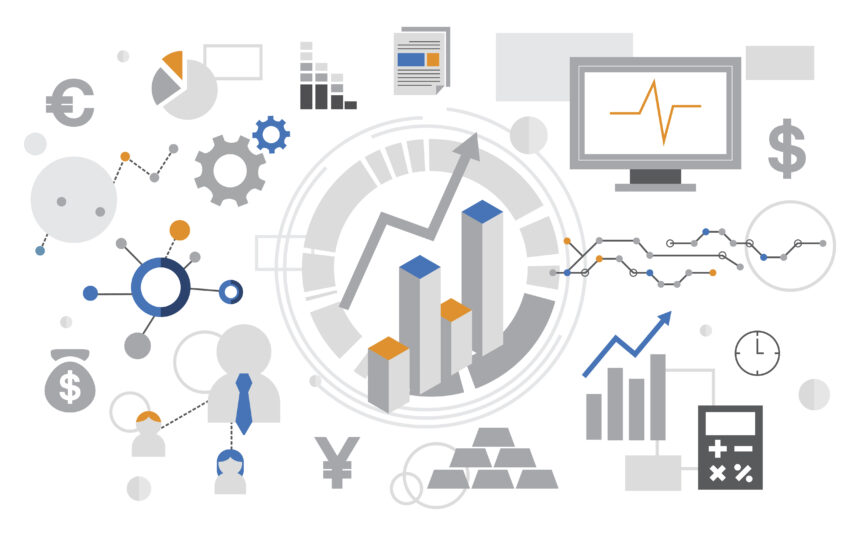Forex trading, also known as foreign exchange trading, involves the buying and selling of currencies on the global market. It is a highly dynamic and complex market influenced by a multitude of factors. Economic indicators play a crucial role in forex trading as they provide valuable insights into the health and performance of national economies. Understanding how to interpret and use economic data is essential for making informed trading decisions and mitigating risks. In this article, we will explore the significance of economic indicators in forex trading and discuss effective strategies for interpreting and utilizing this data.
The Importance of Economic Indicators:
Economic indicators serve as key metrics that reflect the overall economic conditions of a country. They provide traders with valuable information about factors such as employment rates, inflation levels, interest rates, gross domestic product (GDP), consumer spending, and trade balances. By analyzing these indicators, traders can gain insights into the economic health of a nation, which in turn impacts the value of its currency.
Interpreting Economic Indicators:
- Employment Data: One of the most critical economic indicators is the employment data, which includes metrics like the unemployment rate, non-farm payrolls, and job creation figures. A strong job market indicates a healthy economy, leading to increased consumer spending and potential currency appreciation.
- Inflation Indicators: Inflation measures the rate at which the general level of prices for goods and services is rising. Key inflation indicators include the Consumer Price Index (CPI) and Producer Price Index (PPI). High inflation can erode the purchasing power of a currency, leading to currency devaluation.
- Central Bank Policies: Central banks play a pivotal role in shaping monetary policy, which has a significant impact on forex markets. Interest rate decisions and statements from central bank officials provide valuable insights into future economic conditions and can cause significant volatility in currency valuations.
- GDP Data: Gross Domestic Product represents the total value of goods and services produced within a country. Positive GDP growth typically leads to currency appreciation, while negative growth can result in currency depreciation.
Utilizing Economic Indicators in Forex Trading:
- Fundamental Analysis: Economic indicators are a cornerstone of fundamental analysis, which involves evaluating the intrinsic value of an asset based on economic and financial factors. Traders can use economic indicators to gauge the strength of an economy and make informed decisions about buying or selling currencies.
- News Trading: Economic indicators are often released at predetermined intervals and can cause significant market volatility. Traders who engage in news trading aim to take advantage of the immediate price movements triggered by unexpected economic data releases.
- Correlations and Cross-Asset Analysis: Economic indicators can provide insights into the relationships between currencies and other asset classes such as commodities or stock markets. Traders can analyze correlations to identify potential trading opportunities or manage portfolio risk.
- Risk Management: Understanding economic indicators can help traders anticipate potential risks and adjust their trading strategies accordingly. By staying informed about upcoming economic data releases, traders can avoid entering or exiting positions at vulnerable times and reduce the impact of unexpected market movements.
Conclusion:
Economic indicators play a crucial role in forex trading, providing traders with essential insights into the health and performance of national economies. By understanding how to interpret and utilize economic data effectively, traders can make informed trading decisions and manage risks more efficiently. However, it is important to remember that forex trading involves inherent risks, and a comprehensive approach that incorporates multiple factors is necessary for successful trading. Continual learning, adaptability, and disciplined risk management are essential for navigating the dynamic world of forex trading based on economic indicators.










